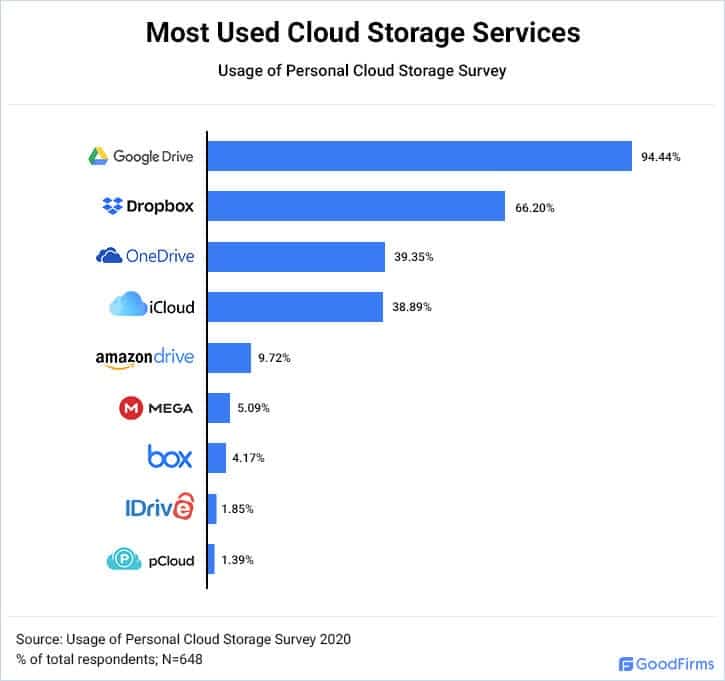Blockchain Technology for Secure Transactions: Trust Redefined in the Digital Age
In a world where digital payments and online data exchanges are growing exponentially, the demand for secure, transparent, and tamper-proof transaction systems is more critical than ever. Enter blockchain technology a decentralized digital ledger that offers an innovative way to store and verify information securely. Often associated with cryptocurrencies, blockchain’s real power lies in its ability to revolutionize how transactions are recorded, verified, and trusted across industries. If you’re looking to understand how blockchain ensures secure transactions, this article lays out the essentials in a clear, actionable way.
What Makes Blockchain Tamper-Proof and Trustworthy?
At its core, blockchain is a distributed ledger. Every transaction is recorded in a “block,” which is linked to the previous block, forming a secure “chain.” What makes it secure is that each block contains a cryptographic hash any attempt to alter the information breaks the chain and gets rejected by the network. Since blockchain operates on a peer-to-peer system, there’s no central authority controlling it. This decentralized model means every transaction is verified by multiple nodes, making fraud or manipulation nearly impossible without overwhelming the network—a feat so difficult it’s practically unachievable.
Transparency Without Compromising Privacy
One of the most compelling benefits of blockchain technology for secure transactions is its ability to balance transparency and privacy. In public blockchains like Bitcoin or Ethereum, anyone can view the transaction history, but personal information remains encrypted and pseudonymous. Meanwhile, private or permissioned blockchains used by businesses allow controlled access so only authorized participants can view or contribute data. This level of transparency ensures accountability while protecting sensitive data, which is essential for industries like finance, healthcare, and supply chain logistics.
Real-Time Verification That Builds Trust Instantly
Traditional financial transactions often rely on intermediaries banks, payment processors, or clearinghouses to confirm and settle exchanges. This introduces delays, added fees, and potential security risks. Blockchain eliminates these intermediaries by enabling real-time peer-to-peer verification. Once a transaction is validated by the network, it becomes immutable no one can alter or delete it. This instant, irreversible confirmation builds trust between parties, especially in high-stakes sectors like international payments or digital contracts, where speed and certainty are vital.
Use Cases Beyond Cryptocurrency
Blockchain technology isn’t limited to crypto. Its applications span industries that require secure, auditable records. In banking, blockchain supports secure digital identity management and anti-fraud systems. In supply chains, it tracks product origins and prevents counterfeiting. In healthcare, it secures patient data and streamlines sharing across providers. Even governments are exploring blockchain to store land records and manage elections more transparently. What ties these use cases together is the core need for secure, tamper-proof transactions something blockchain delivers with unmatched efficiency.
Challenges and the Future of Blockchain Security
While blockchain offers significant security benefits, it’s not immune to challenges. Poor implementation, vulnerable smart contracts, or flawed private key management can expose systems to risk. Moreover, scalability and energy consumption are ongoing concerns. However, advancements like proof-of-stake consensus, zero-knowledge proofs, and hybrid blockchain models are evolving to address these issues. As blockchain matures, it’s becoming not just a tool for secure transactions but a foundation for the next wave of digital infrastructure.
FAQs
Is blockchain really secure against hacking?
Yes. Its decentralized structure and cryptographic hashing make it extremely difficult to hack, but vulnerabilities can still exist in surrounding systems or poorly written smart contracts.
Do I need cryptocurrency to use blockchain technology?
No. While crypto is a major use case, blockchain can be used independently for secure data storage, digital identity, and smart contracts.
How does blockchain compare to traditional databases for security?
Blockchain is inherently more secure because it’s immutable and decentralized. Traditional databases are easier to modify but also more vulnerable to breaches.
Can businesses build their own blockchain systems?
Yes. Many companies use platforms like Hyperledger, Ethereum, or Corda to build private or consortium blockchains tailored to their operations.
Is blockchain adoption growing globally?
Absolutely. Both private companies and public institutions are investing in blockchain solutions to secure transactions, streamline operations, and improve transparency.

